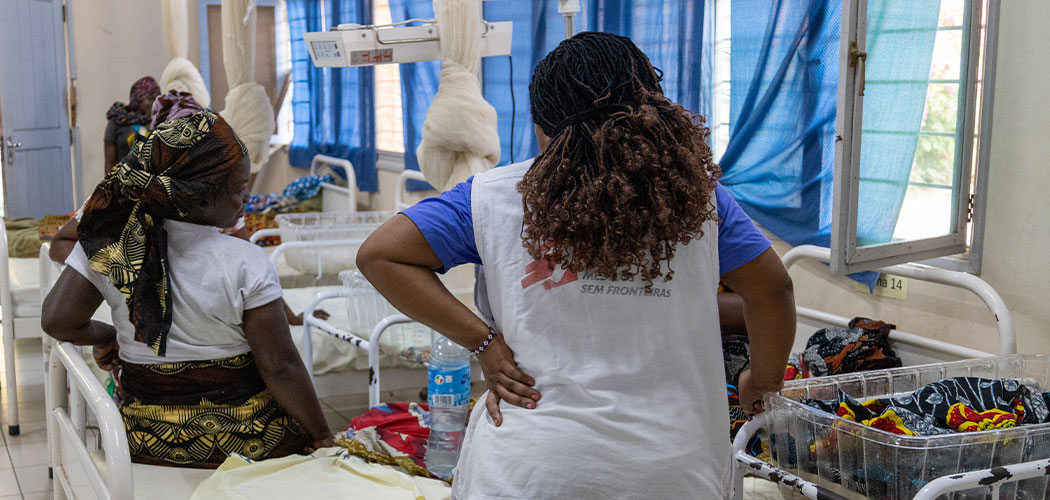As violence escalates in Mozambique’s Cabo Delgado province, healthcare access is collapsing, leaving thousands without life-saving care.
The region has long experienced instability but has been in conflict for almost eight years When radicalized Muslim youths attacked the local police station and the military post in Mocímboa da Praia since then it has been plagued by armed violence. The conflict has been compounded with the discovery of rubies and natural gas deposits in the region and the bad governance of these resources is widely understood as having played a big role in its escalation, according to reports.
Médecins Sans Frontières (MSF) warns however that the ongoing conflict is now making it nearly impossible to deliver consistent medical care.
Repeated attacks on medical facilities have diminished regional healthcare capacity, prompting NGOs to deploy mobile health teams under armed escort.
In 2025 alone, over 43,000 people have been displaced following attacks, with humanitarian organisations forced to suspend operations multiple times due to insecurity.
The impact on health services has been devastating, with more than half the province’s health facilities destroyed or non-functional, and community access severely restricted.
MSF reports that in many areas, there’s simply no access to healthcare. Medical workers can’t move safely, and clinics have been looted or destroyed.
Between January and May 2025, MSF provided an average of 18,000 consultations per month, facilitated 30 specialist referrals, and assisted 740 births across four districts.
in April, MSF teams in Mocímboa da Praia conducted over 12,000 outpatient consultations. However, just one month later, as insecurity worsened, that number fell sharply to fewer than 2,000.
In Macomia district, only one health centre remains functional—down from seven before an attack in May 2024. That lone facility is now overwhelmed by an influx of displaced people.
“With the increase in displacements, many people have come to seek refuge in Macomia, overwhelming the only health centre,” said Dr Emerson Finiose, an MSF doctor in the district. “We must prioritize the most severe cases, leaving a significant gap in care for the rest of the community.”
Dr. Finiose says the conflict in the region has created a severe humanitarian crisis. “It affects every aspect of life, especially healthcare and education, and it strips people of their dignity. We need safe access to communities in need and we need support from other actors [sic] so we can help them cope with the consequences of this crisis.”
MSF is calling for the protection of health workers and facilities, unimpeded humanitarian access, and increased support to meet the growing medical needs of the region’s most vulnerable communities.








